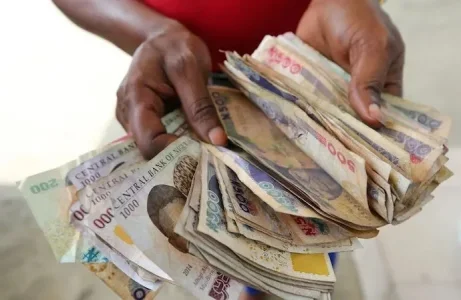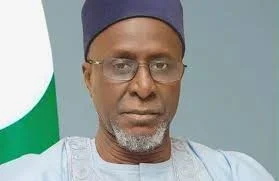
Discover why Nigeria's naira has become the world's worst-performing currency, plunging to its weakest level in weeks. Amid rising pressure on the central bank to boost interest rates, the naira's decline underscores market volatility and underscores the challenges of managing forex controls in Nigeria's economy.
Nigeria's naira has reversed its recent gains, reclaiming its position as the world's worst-performing currency over the last month. With the naira slipping to 1,466.31 against the dollar, the pressure on the central bank to further raise interest rates intensifies.
The local scarcity of the US currency, dwindling to just $84 million on Thursday, exacerbates the situation. Razia Khan, chief economist for Africa and the Middle East at Standard Chartered, attributes this reversal partly to the maturity of $1.3 billion in naira futures by month-end, fueling increased demand for dollars.
This volatility follows President Bola Tinubu's decision to relax foreign exchange controls in June, resulting in a depreciation of approximately 68% against the greenback. Despite recent fluctuations, Khan highlights that market forces are now being allowed to function freely. However, the Central Bank of Nigeria faces mounting pressure to consider another rate hike at its upcoming policy meeting on May 21, following previous increases totaling 600 basis points in February and March.
These measures had initially helped the naira recover from its lows in March, but the recent slide underscores the ongoing challenges facing Nigeria's currency and economy.




